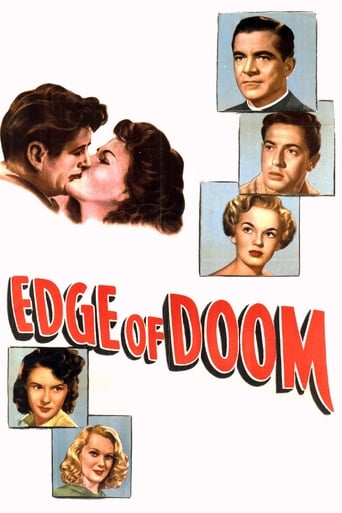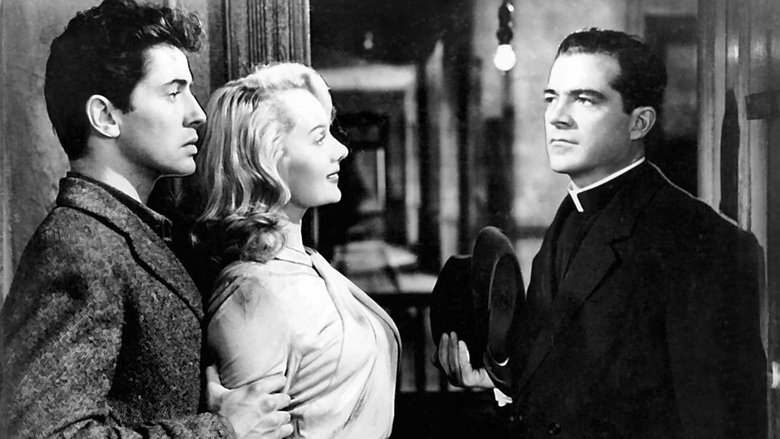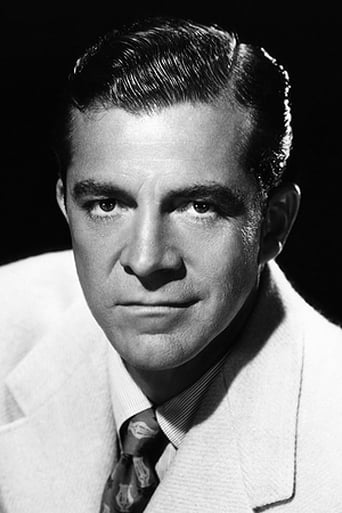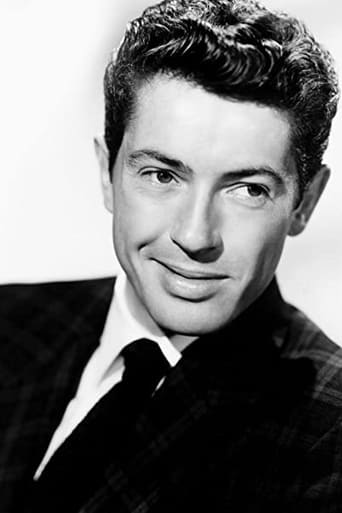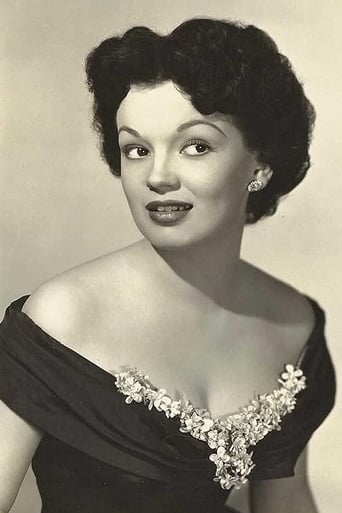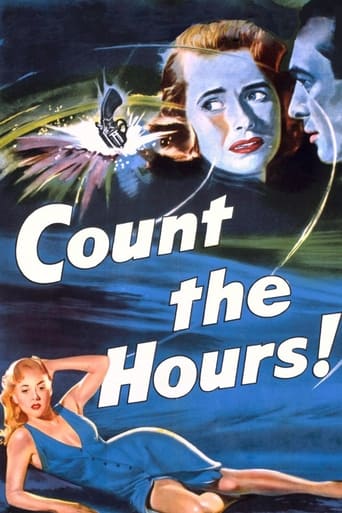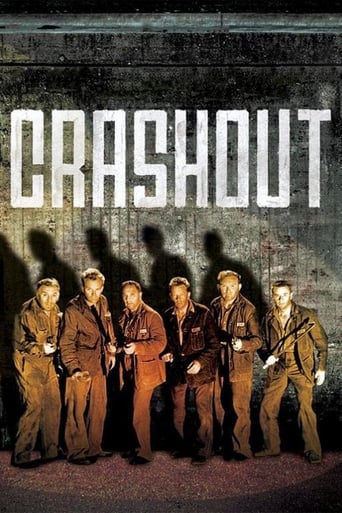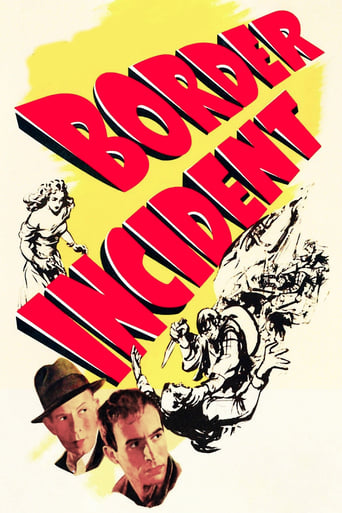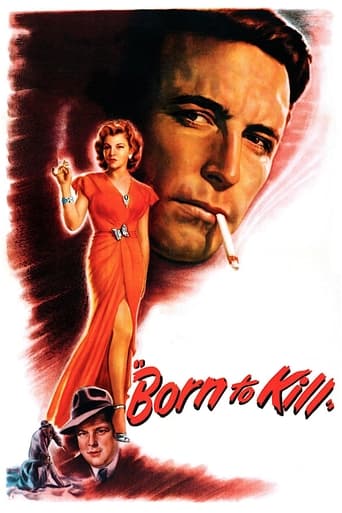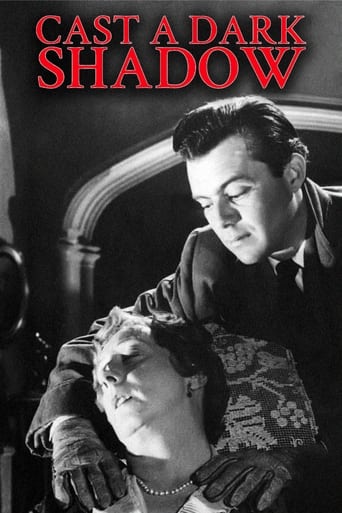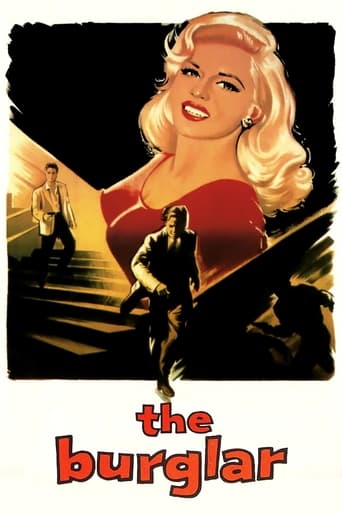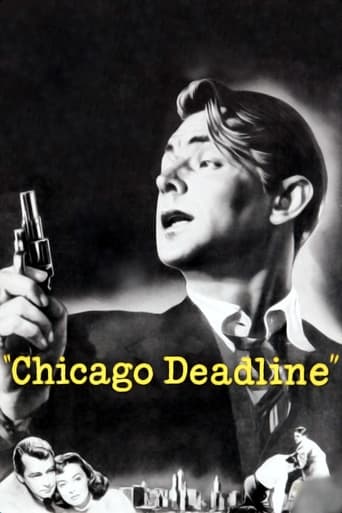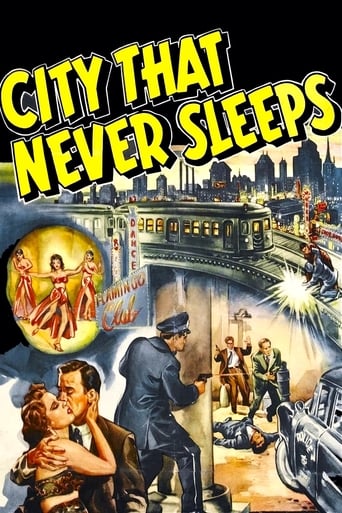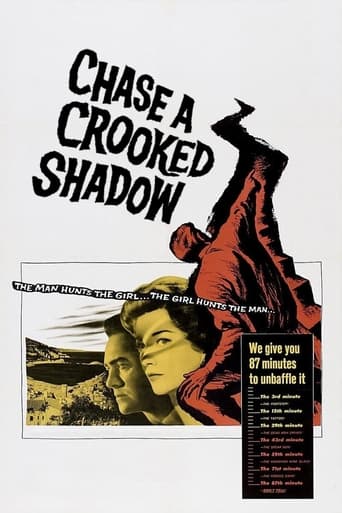Edge of Doom (1950)
A priest sets out to catch the man who killed one of his colleagues.
Watch Trailer
Cast
Similar titles
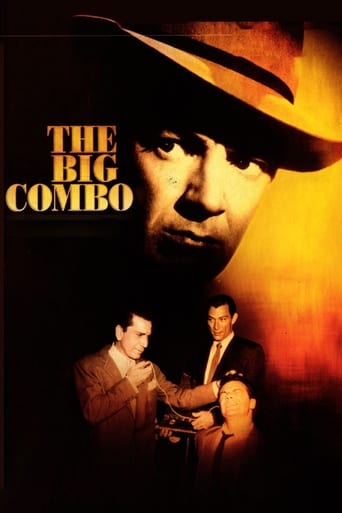
Reviews
I like Black Panther, but I didn't like this movie.
How sad is this?
The thing I enjoyed most about the film is the fact that it doesn't shy away from being a super-sized-cliche;
Watching it is like watching the spectacle of a class clown at their best: you laugh at their jokes, instigate their defiance, and "ooooh" when they get in trouble.
Considered one of the most Bleak, Depressing, Gloomy, Brooding, but Ultimately Unsuccessful in the Genre of Film-Noir. Unsuccessful at the Box Office and Unsuccessful, but Not Completely with Critics and Fans.It's a Troubled Subject and it was a Troubled Production. The Subject of "Religion" in Motion Pictures in the "Code" Era was Scrutinized as much as Anything from the "Overseers/Big Brother" Censors with Hays Hubris and Nothing Slipped by that wasn't "Christian" Friendly.So this Story of a Young Man who was Dissed by the Church and wouldn't give His Father a "Decent" Burial because of Suicide and the Trauma that Followed was Suspect. But that's just the Pro-Log. His Mother than Succumbs to TB, Dies, and the Trauma is Repeated. Not because of Suicide but because He and His Mother are Ghetto Dwelling Poor.What Ensues is a Film that had to be Pulled and "Softened" with "Book-Ending" New Scenes.The Movie is as Dark as Noir can get with its Relentless Display of an Uncaring and Ugly World, especially if You don't have Money. Audiences at the Time would have none of it and the "Money-Men" at the Studios Shunned the mere Existence of the Film and it Languished in Limbo for Years.The Star, Farley Granger Bad Mouthed the Movie any chance He got and the Film Remained Unrecognized for Decades. Dana Andrews, Paul Stewart and the rest of the Fine Cast all Add to the Agonizing Atmosphere and the Movie Stands on its own. Noble, but Flawed by Fawning Concerns that were Against the Grain of the Source Material.When Viewed Today, it can Showcase Societal Attitudes about Organized Religion, Pulverizing Poverty, and a Studio System, like American Lower Class Life, that was in Dire Need of Liberal Reform in a Post War America that was Showing its Capitalistic Muscle.
Edge of Doom (1950)It would be hard to find a movie as unrelentingly dark and brooding as this one. Everyone from the priest to the hero's mother, from the sweet girlfriend to the neighbor down the hall is burdened with the pain of everyday life. Most of the scenes at night, too, or inside dark rooms and hallways, or both, so the shadowy world only descends lower. And this is partly what makes it really work. Dana Andrews is a worldly, reflective priest in a tale of redemption, actually, against all this gloom. The protagonist is a young Farley Granger, who gets in trouble from a single rash act, and is in a tailspin for the rest of the movie. From one shadowy scene to another, running through dark streets or hiding in a dingy apartment, Granger has to face his inner demon.But Granger, like Andrews, is a thoroughly decent person inside, and the movie, despite all the negative vibes, is about faith and goodness. Director Mark Robson is not a big name, of course, but he paid his dues with some of the best--Robert Wise and Val Lewton. And he came out of an era of Hollywood that was uncompromising in its technical quality. It shows. This is a movie with a single main theme, and if it has impassioned acting and high dramatics (at times) it also is gritty and single minded, too. The plot is packaged too neatly, and littered with Andrews narrating through the long flashback. That's its one limitation--that it's limited. But what it does do it does with real intensity.
An interesting but not very good movie. It's overlong and too often repetitive. Yet it's also one of the clearest examples of Hollywood's hybrid nature during the studio period. On one hand is the literary desire for hard-hitting social commentary, represented here by novelist Brady (thanks reviewer Songwarrior), and left-wing screenwriter Yordan (my opinion). On the other hand are the studios (including Goldwyn) deathly afraid of defying convention and of boycotting groups like the Catholic Legion of Decency. Here, the tension between these two social tendencies is on clear display.Few movies of the period convey a clearer sense of economic entrapment than this one. No matter in what direction slum-dweller Martin (Granger) turns, he's thwarted by a lack of money and no prospects. Even the parish lacks sufficient wherewithal to help. Sure, the desire to give his dead mom a "proper send-off" seems extravagantly unrealistic. But behind his strident demand is a very democratic desire to be seen as the social equal of anyone else. His protest tellingly never gets beyond the symbolic stage of a "room full of flowers", but unpack it and you get years of frustration, privation, and a dead mother whose only consolation was a priest. Martin may not be very likable, but he is understandable.Stradling's photography underscores that sense of hopelessness. The tenements are bare and dingy, the streets grimy and teeming, even the parish lodgings are spare and uninviting. Only the ornate funeral home presents a contrast, seeming to say that only in death will there be a change. At the same time, the scenes unfold one after the other like episodes in a twilight world of noir. If there's a single ray of actual sunshine, I missed it. No wonder Martin's going slowly nutzoid. Nor, for that matter, are Martin's fellow slum dwellers any help. His neighbor Mr. Craig (Stewart) is a stickup man and practical adviser telling Martin to take what he can because that's the only way to survive. And when Martin yells in the hallway in some distress, the other neighbors look on mutely offering no help. Even the well-meaning old lady can't get her eye-witness identification right. There's no hint here of sentimentalizing the poor. Instead, it's a world of dis-spirited, atomized individuals giving Martin only cursory sympathy for his dead mother. Thus trapped in a hopeless environment, Martin's demand for flowers for mom becomes something much more meaningful.Now, had the role of religion in this bleak panorama been left as it is without the wrap- around prologue and epilogue and without the omniscient narration, the result would have been much less compromised. For, without these later concessions, the priests come across more as "omsbudsmen" than anything else. In short, in its original version (without the wrap-around & narration), the movie portrays the priests as able to intercede with the cops and businessmen, etc. to make life more livable for their benighted flock, but most importantly the original screenplay does not connect them conventionally with the divine. So, the priests viewed in their purely societal role (apart from the soul-saving, divine mission), do perform a worthy assistance function. However, that limited role also lays them open to the charge that they are part of the problem and not the solution since, despite their help, they also do nothing to change the conditions in which Martin, for one, is trapped. They only make life better, not different. And when Father Kirkman tells Martin to "resign" himself to his poverty, a bleakly passive social philosophy is summed up, and much of Martin's unhappiness with the church is lent credence.But, thanks to reviewer Piyork, we learn that original screenwriter Yordan and original director Robson were fired, and the wrap-around and narration added to "lighten" the mood (Film Noir Encyclopedia also lists two production dates). One can imagine the reaction of studio executives on seeing the original version for the first time. With its bleak atmospherics and generally unflattering portrayal of the police and the church, visions of boycott must have danced in their head. Thus what started out as a pessimistic expose of poverty and the church's role ends up making key concessions for popular consumption. Specifically, the church is now connected to the divine— Father Roth refers in the epilogue to: "the immortal soul", "faith is a part of the human soul", "I saw God in Martin Lynn", plus the key implication that apostate Martin is returning to his former faith. The cumulative result is to dilute the original message with an unmistakable supernatural overlay. At the same time, attention is redirected away from social ills to a timeless dimension. As a result, what emerges collapses into an awkward hybrid of noirish pessimism and religious optimism with the final comforting note going to the latter.My gripe here is with Hollywood of the studio period, not with religion or Catholicism generally. Many thoughtful believers (I venture) would be challenged by the original version— that is, by its posing the question of what the actual role of the church (not only the Catholic) in ministering to the poor is? That is, is the church helping or hindering. But then, who's surprised that neither the studios nor the watchdog outfits wanted such fundamental questions troubling popular audiences, at least without conventional answers being supplied. And so another literary work gets processed into near-pablum by commercial Hollywood of the day.Nonetheless, despite the crippling compromises, the novel's original intent still shines through, and if I were reviewer Songwarrior, I would be very proud of my dad.
I kinda liked this film--maybe it was the cast more than anything. The script was a bit lame @ x's. the author's son makes some comments that indicate that the book was deeper or something--but when a book is sold to Hollywood--the author gives up ownership, so to speak. this film came out in 1950 & 57 years later the son still sounds sore. Meanwhile, the book is like totally unavailable so a modern viewer of the film would be hard pressed to make comparisons. Anyhow, I thought that Farley Granger did an excellent job ( despite his negative views on the film). Also excellent were Paul Stewart, Mala Powes and Robert Keith. Joan Evans was given nothing to do & Dana Andrews was good--but the character was not written well.
